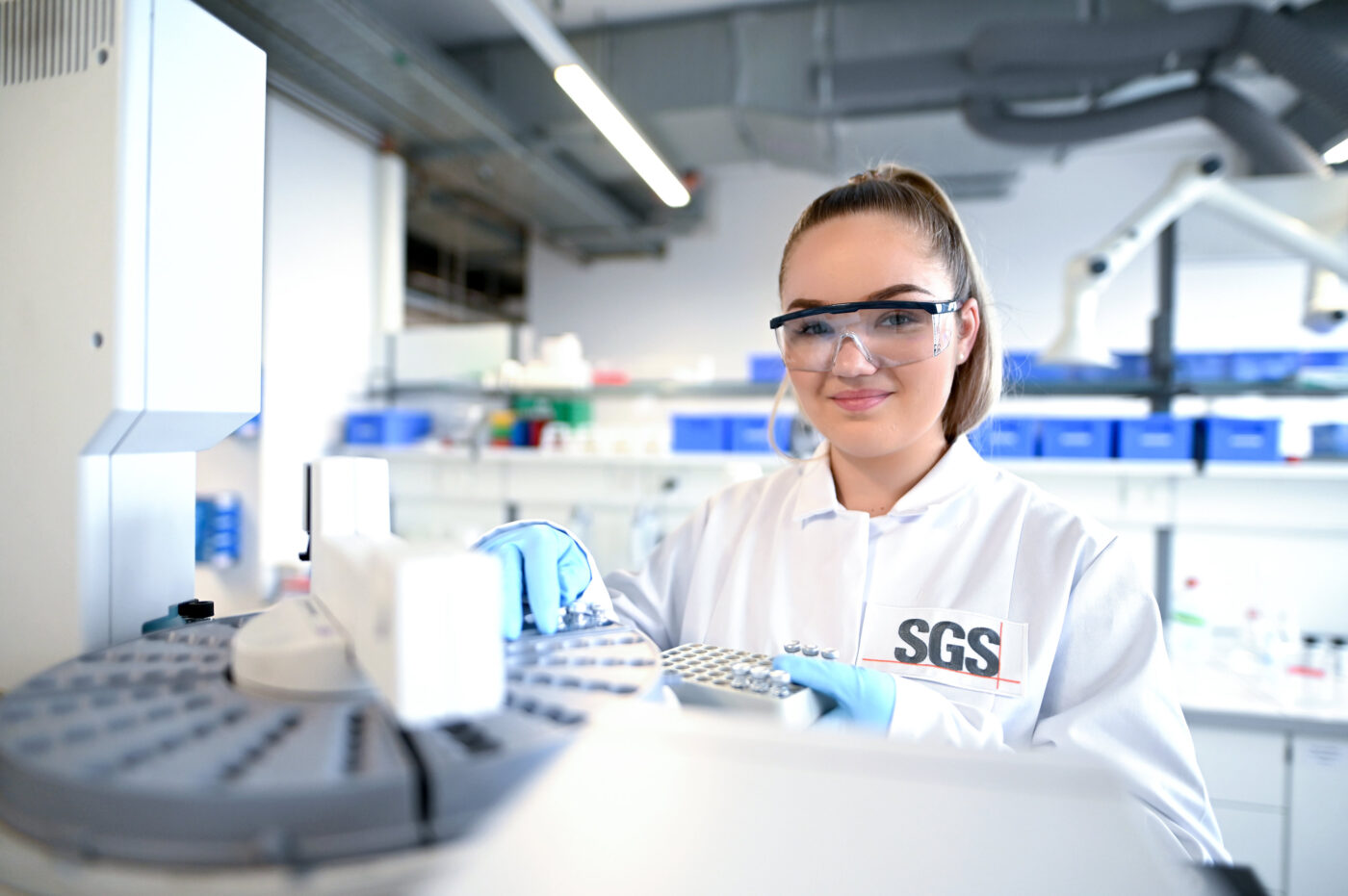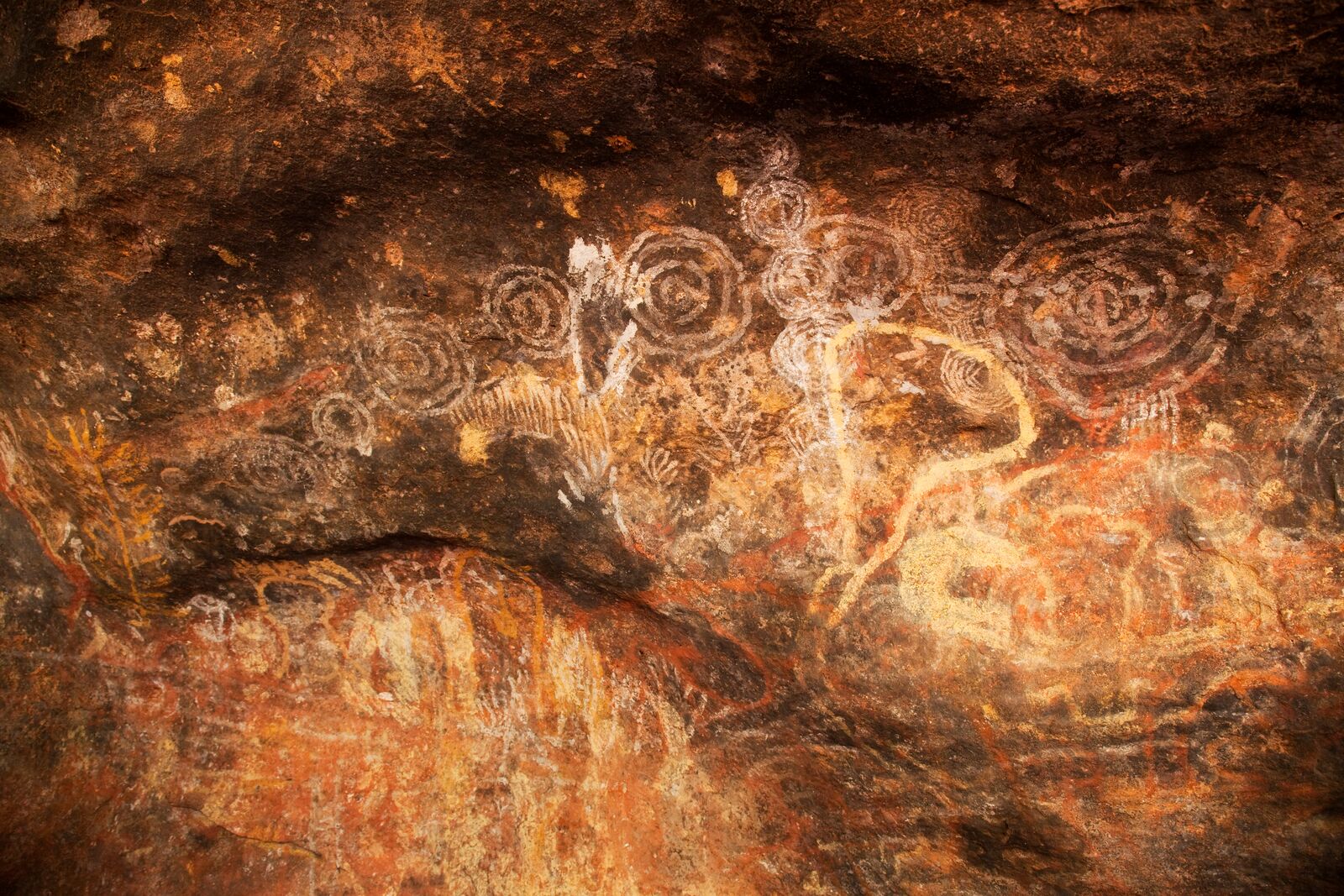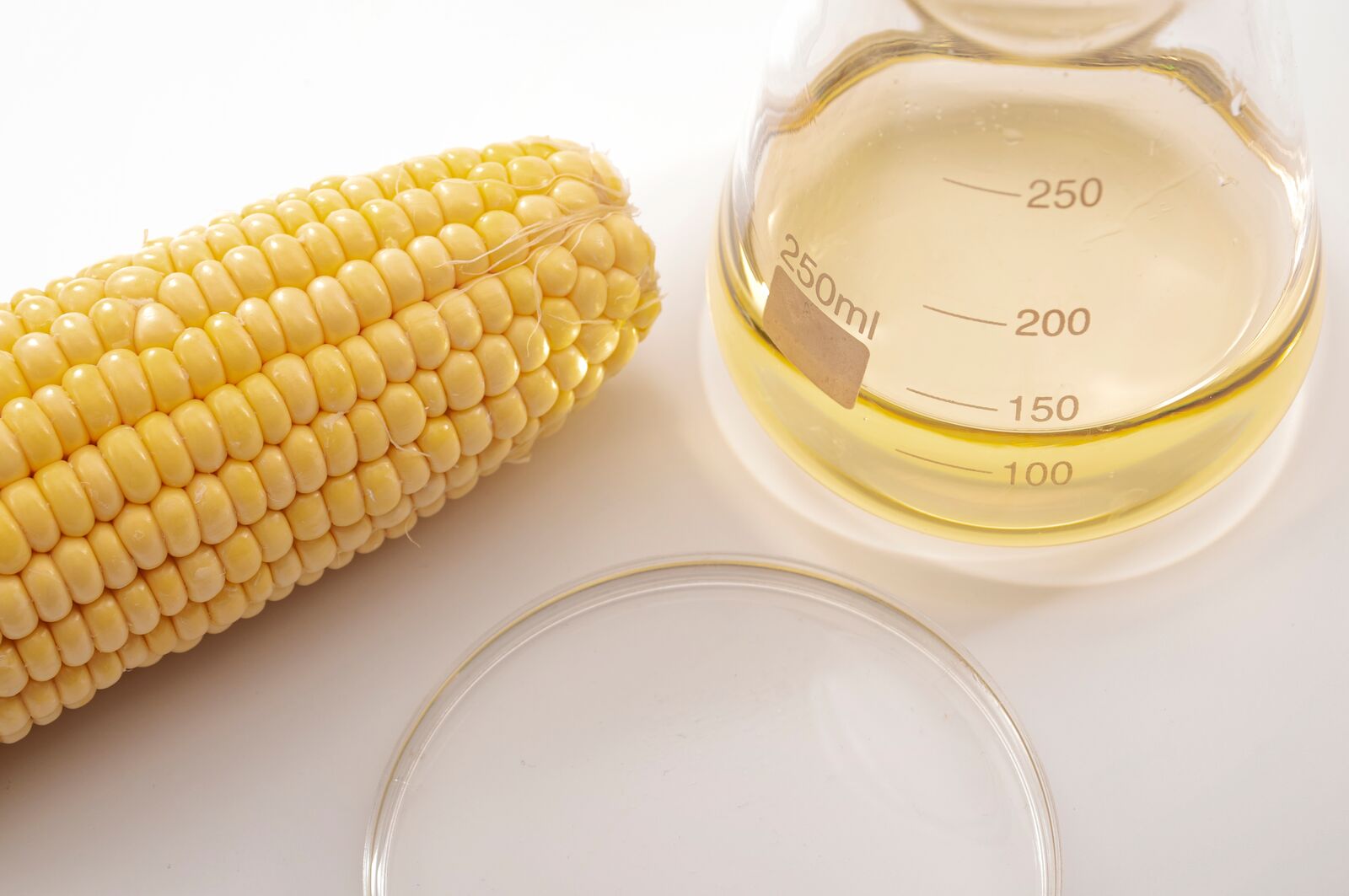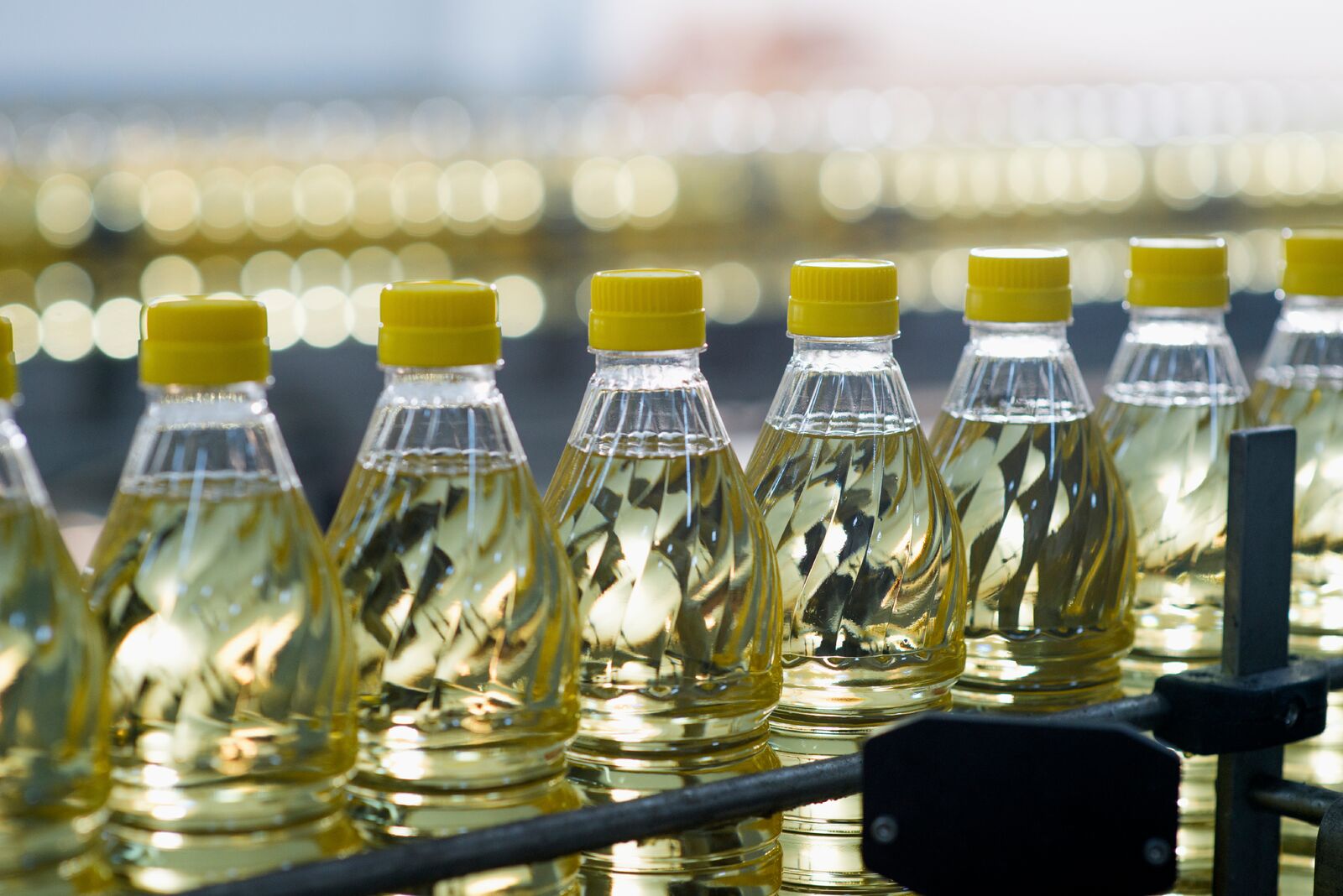Radiocarbon Analysis from SGS Beta
Radiocarbon isotopic analysis, also known as carbon-14 dating, is a powerful scientific method used to investigate the origin, age, and environmental context of organic and inorganic materials.
By measuring the ratios of stable isotopes such as carbon-13 (δ¹³C), nitrogen-15 (δ¹⁵N), and oxygen-18 (δ¹⁸O), researchers can gain insights into ecological dynamics, dietary patterns, climate change, and geochemical processes. SGS Beta, a leading ISO 17025-accredited laboratory, offers high-precision isotopic analysis using advanced techniques like Isotope Ratio Mass Spectrometry (IRMS) and Cavity Ring-Down Spectroscopy (CRDS), supporting a wide range of disciplines including archaeology, paleoclimatology, hydrology, and environmental science.
Our services extend beyond traditional radiocarbon dating to include stable isotope analysis of water, carbonates, bones, and even insect chitin. These analyses help identify pollution sources, track migration patterns, and reconstruct past climates.
Why SGS for your Testing Needs?
- Global Reach, Local Expertise: A worldwide laboratory network backed by local knowledge to meet your needs.
- Regulatory Compliance: Expertise in regional and international guidelines, including EPA, CCME, and more.
- Customized Analytical Plans: Tailored testing protocols to address unique project challenges.
- Proven Track Record: Decades of experience delivering high-quality data to industries across North America.






